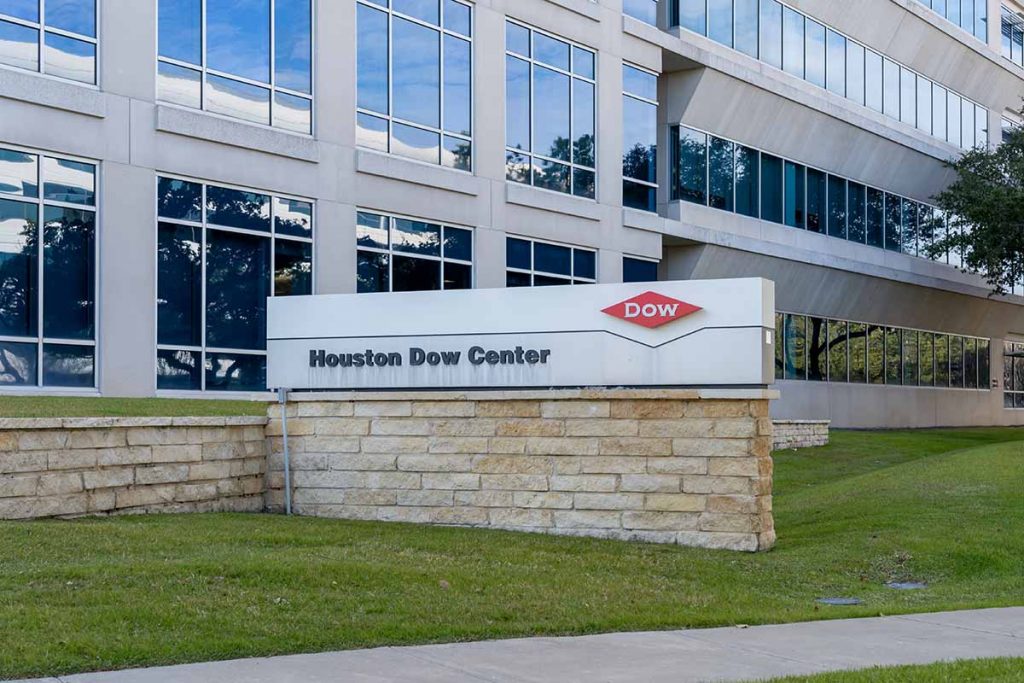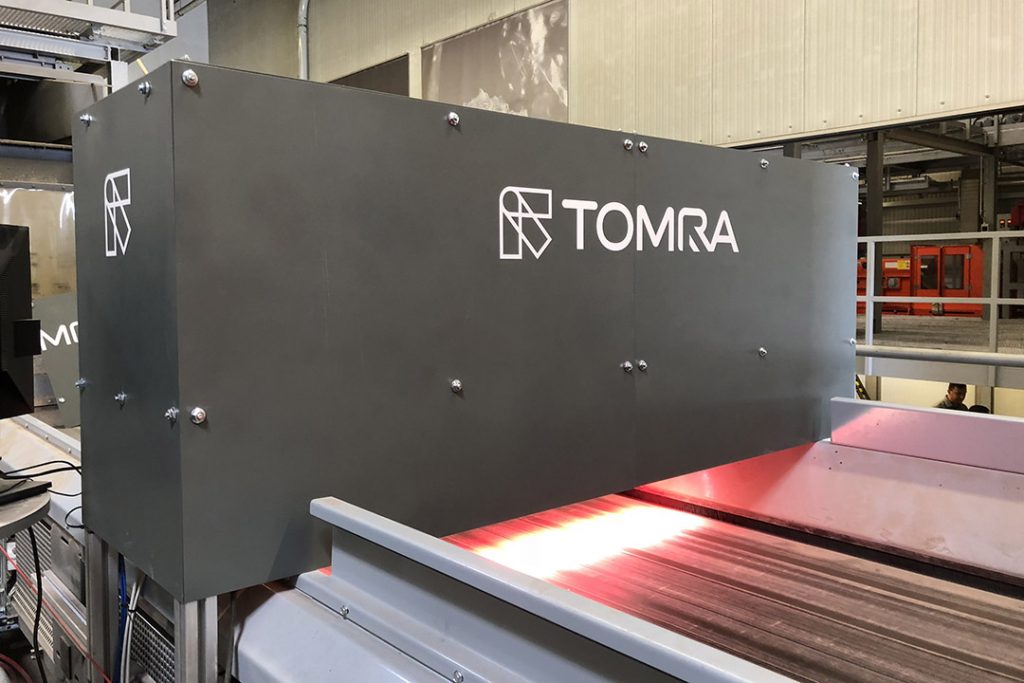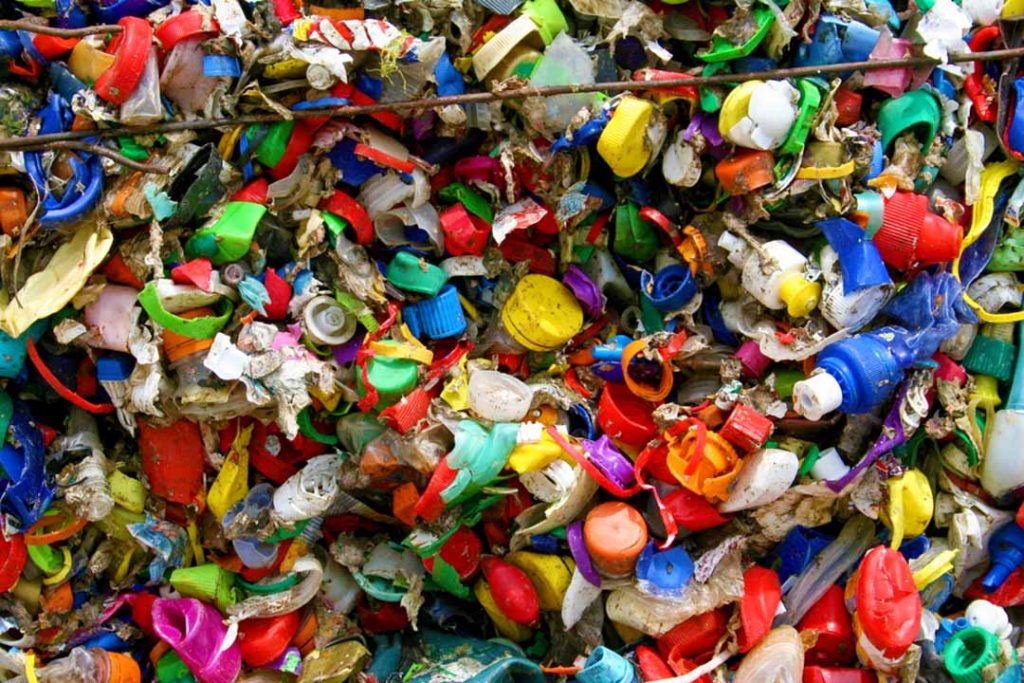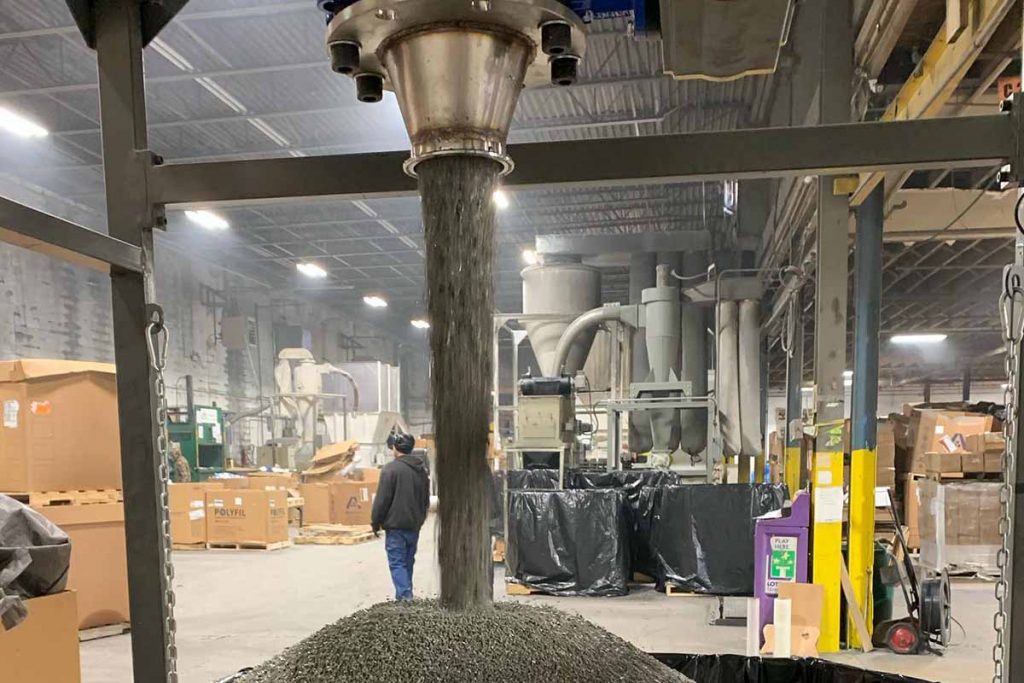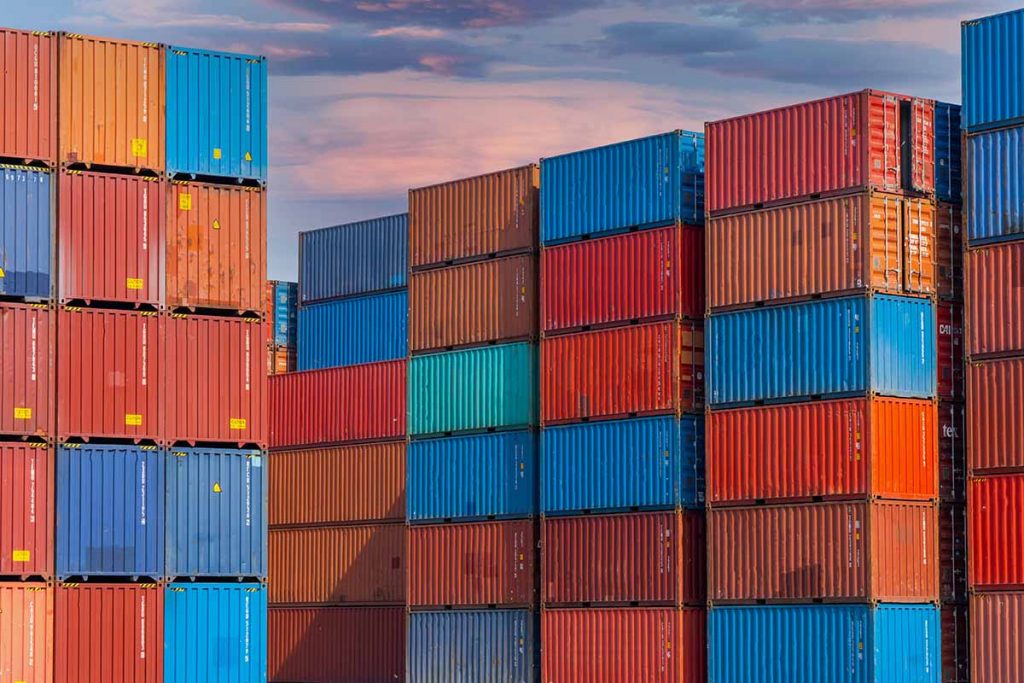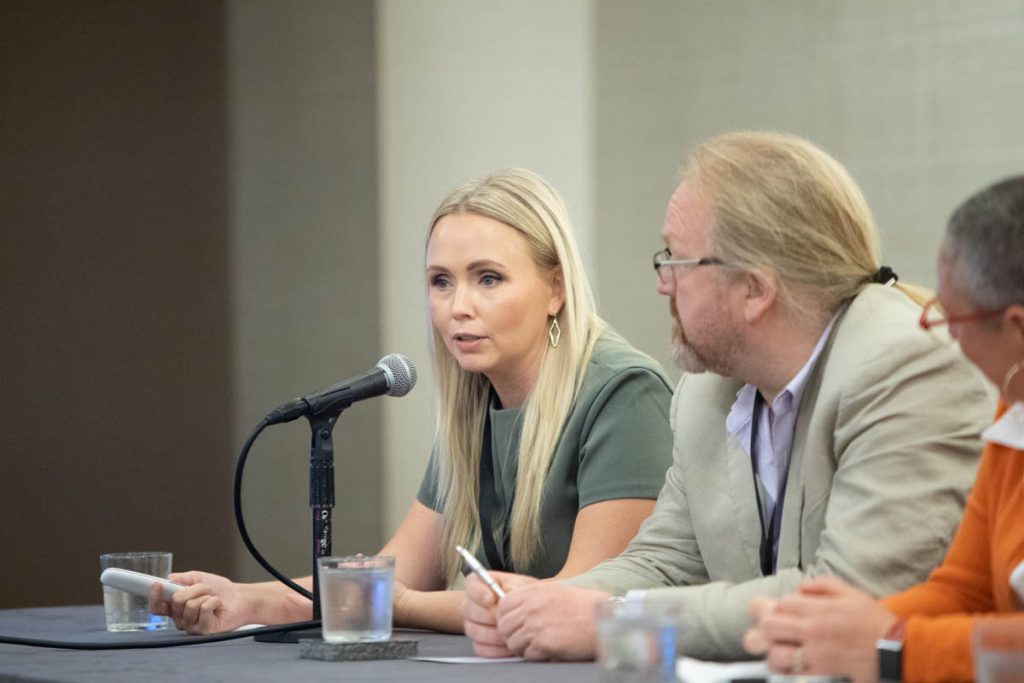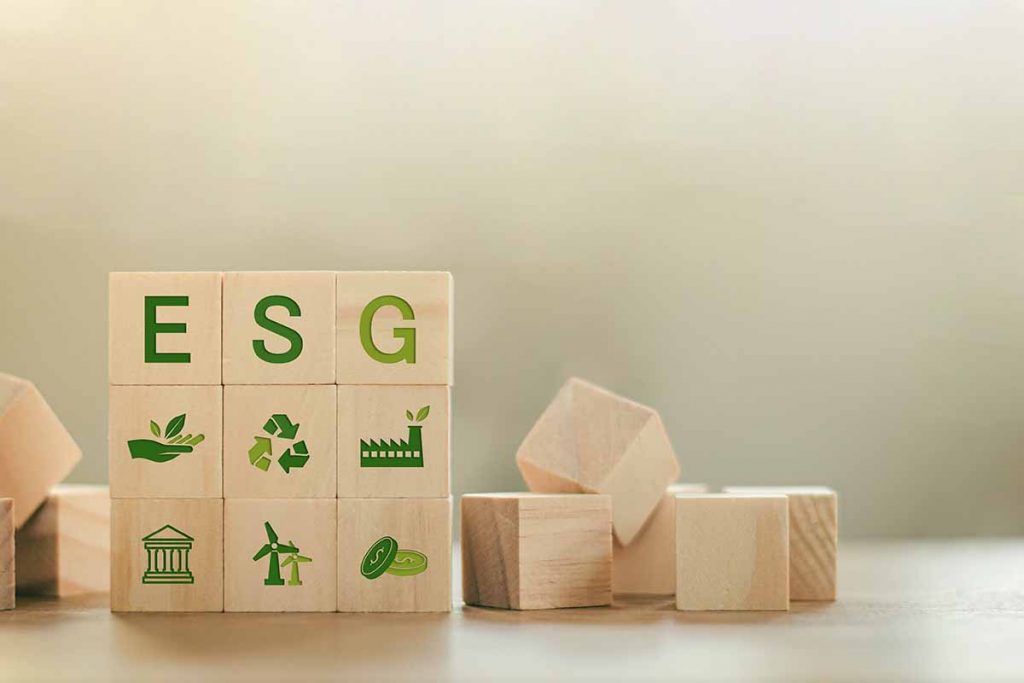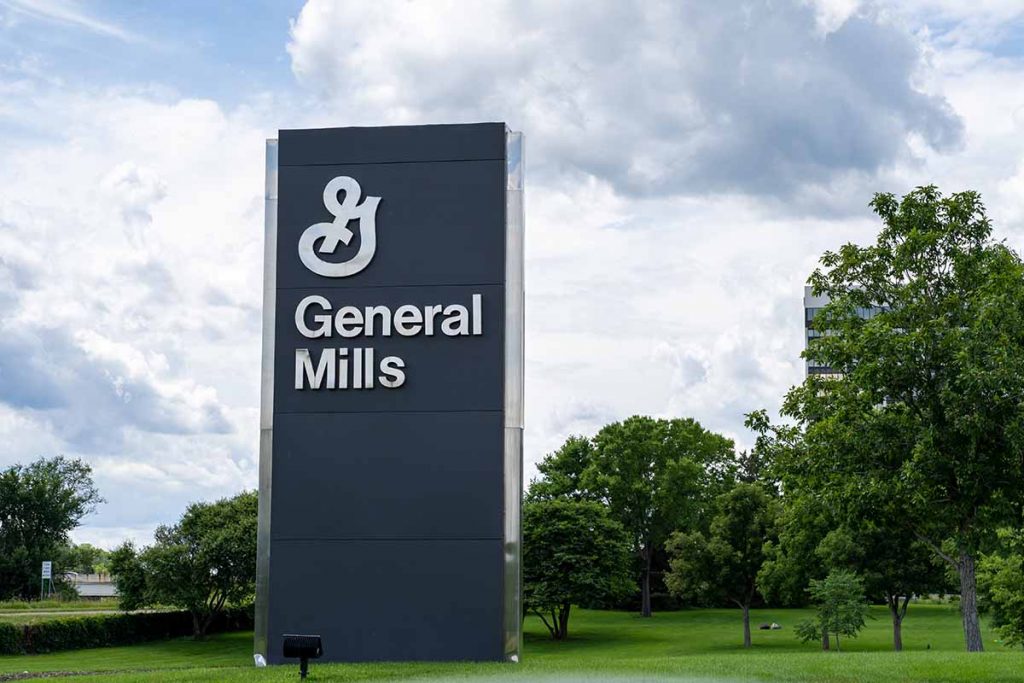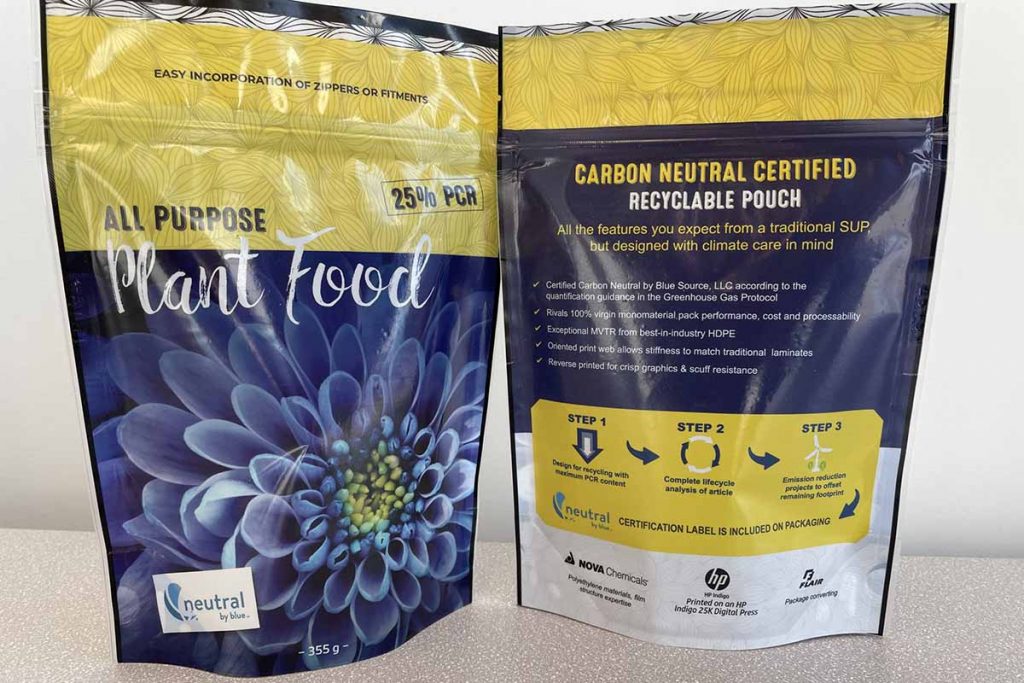
For NOVA Chemicals’ latest recycled resin product, PE is sourced from distribution center flexible film, a blend of back-of-store stretch and front-of-store consumer drop-off. | Courtesy of NOVA Chemicals
NOVA Chemicals launched a 100% mechanically recycled PE resin for use in films such as shrink, e-commerce, heavy-duty sacks and protective packaging.


 Marissa Heffernan worked at Resource Recycling from January 2022 through June 2025, first as staff reporter and then as associate editor. Marissa Heffernan started working for Resource Recycling in January 2022 after spending several years as a reporter at a daily newspaper in Southwest Washington. After developing a special focus on recycling policy, they were also the editor of the monthly newsletter Policy Now.
Marissa Heffernan worked at Resource Recycling from January 2022 through June 2025, first as staff reporter and then as associate editor. Marissa Heffernan started working for Resource Recycling in January 2022 after spending several years as a reporter at a daily newspaper in Southwest Washington. After developing a special focus on recycling policy, they were also the editor of the monthly newsletter Policy Now.